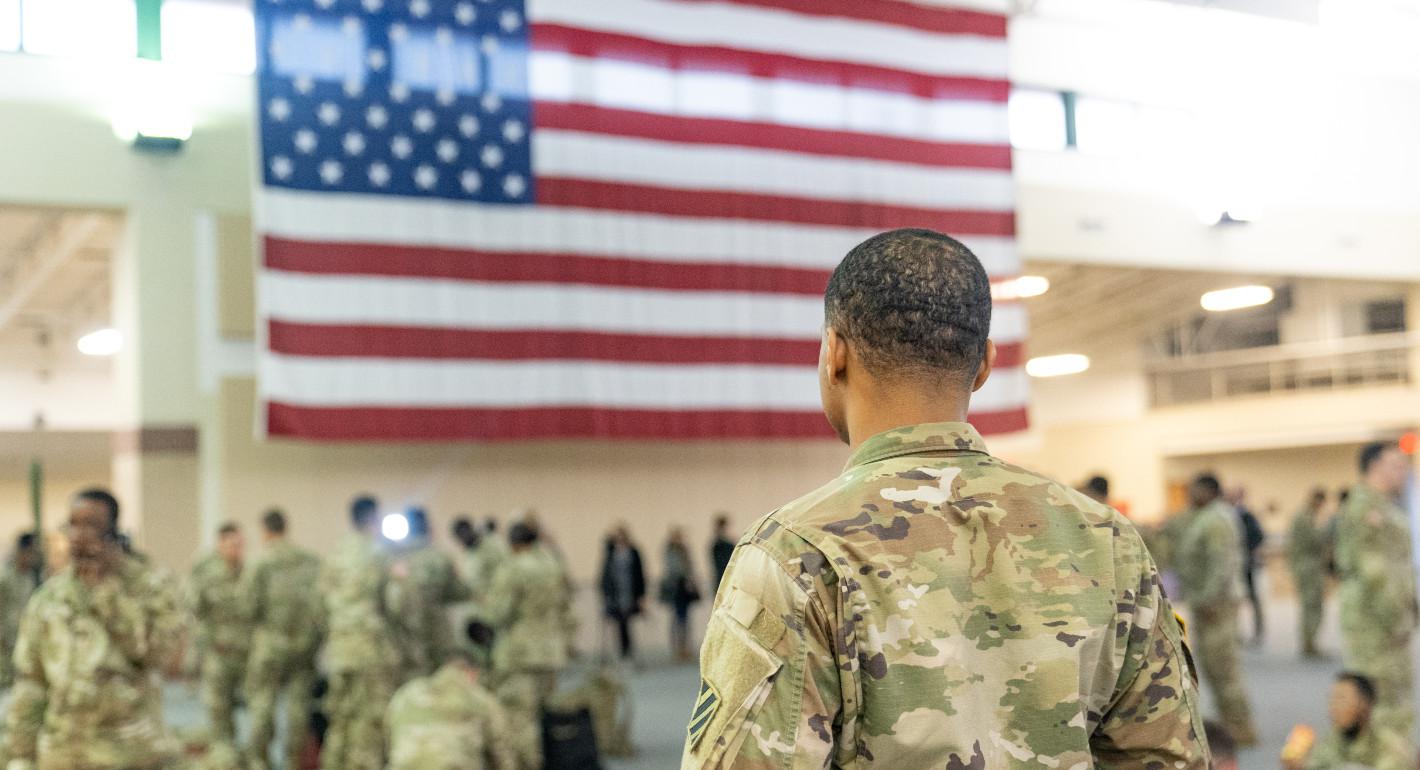For the United States and the international community, 2020 was a momentous year. The coronavirus pandemic, a politically fraught U.S. presidential election, and the protests after the murder of George Floyd brought the world to a screeching halt. Although Floyd’s killing was a domestic issue stemming from systemic racism and police brutality, the international community watched feverishly as the United States began an uneasy but badly needed dialogue about race relations.
If that year taught us anything, it is that in a global age, the U.S. relationship with minority groups cannot be divorced from its international presence. Our global rivals believe race is our nation’s Achilles’ heel. If the United States wishes to retain its historic power of attraction well into the twenty-first century, it needs to work to ensure that its foreign policies meet the needs of African Americans. Carnegie is now exploring the critical question of how U.S. foreign policy has impacted Black Americans since the end of the Cold War, and I’m elated to lead such a novel and groundbreaking project.
My life’s journey has consistently reminded me of the interconnectedness of U.S. foreign policy and the African American experience. As a child, I listened earnestly to my grandfathers’ stories of their time stationed in Southeast Asia, as enlisted men, during the Vietnam War. I sat in awe as they described how they grappled with the hypocrisy of serving the nation only to return home as second-class citizens.
As a doctoral student at Michigan State University studying Latin American and Caribbean history, I spent half a decade in the U.S. heartland witnessing the effects globalization had on its aging industrial center. Unemployment and urban decay ravaged many African American communities that once relied on industries now located overseas.
As I wrote my doctoral dissertation amid a pandemic and social upheaval, I felt that much of the national conversation, while pertinent, was reactionary. As a historian, I knew that only a subtle analysis of the past in all its complexity would help avoid a repeat of 2020.
I’m excited to be joining Carnegie and working with the nation’s most brilliant scholars to develop policy that can benefit marginalized groups and improve how the United States interacts with its allies and competitors. By conducting research on recent U.S. trade policies, military intervention, immigration, and human rights advocacy, I hope to contribute to a road map for U.S. foreign policy that not only works for African Americans but has the potential to work for all Americans.





